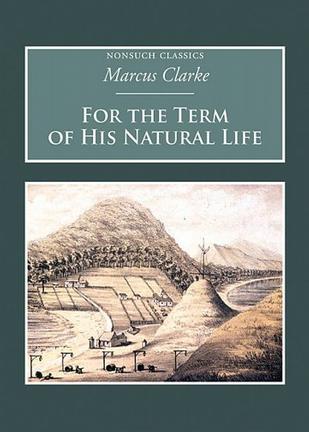

The central figure in His Natural Life is Richard Devine who becomes Rufus Dawes. Lyn Gallacher: Michael Wilding, author and Marcus Clarke scholar. So the horror of it was still around and he certainly wanted to stress that, yes. This is the amazing thing, the system was over but there was still people there who had been transported as 13-year-olds and then for recurrent offences jailed and jailed and were still in Port Arthur, totally gaga. And The Argus subsidised him to take a trip to Tasmania and he went down to Port Arthur and met some of the still surviving convicts.

It wasn't a reforming book in so far as the transportation had come to an end, although, as he points out in the preface, the French had just opened up New Caledonia with the same thing in mind.īut I think he was looking for potential material to write the Australian novel, and the materials were there, they were in the library. Michael Wilding: He'd only been in Australia seven years or something and he'd been in the bush for two or three years, so I think he felt he didn't know Australian contemporary society, but he could look at the convict records and do the how we got into the situation we're in now, what are the origin's of Melbourne wealth, what are the origins of society? And so he was looking for a theme. Clarke wanted to write the Australian novel, a story about the survival of the human spirit in the most dire of circumstances. This book was meant to be a psychological story as much as it was a convict one. But for Clarke the shorter title encompassed a larger brief. The longer title, For the Term of His Natural Life only came about after Clarke died because the English publisher Richard Bentley wanted to emphasise the convict story. The book began life in 1870 as a serial in the monthly periodical The Australian Journal, and appeared under the title His Natural Life.

Yet it's the book more than any other that's defined the Australian image of the convict past. It depicts violence, cruelty and unrelenting suffering. Lyn Gallacher: Marcus Clarke's For the Term of His Natural Life isn't a book for the fainthearted.


 0 kommentar(er)
0 kommentar(er)
